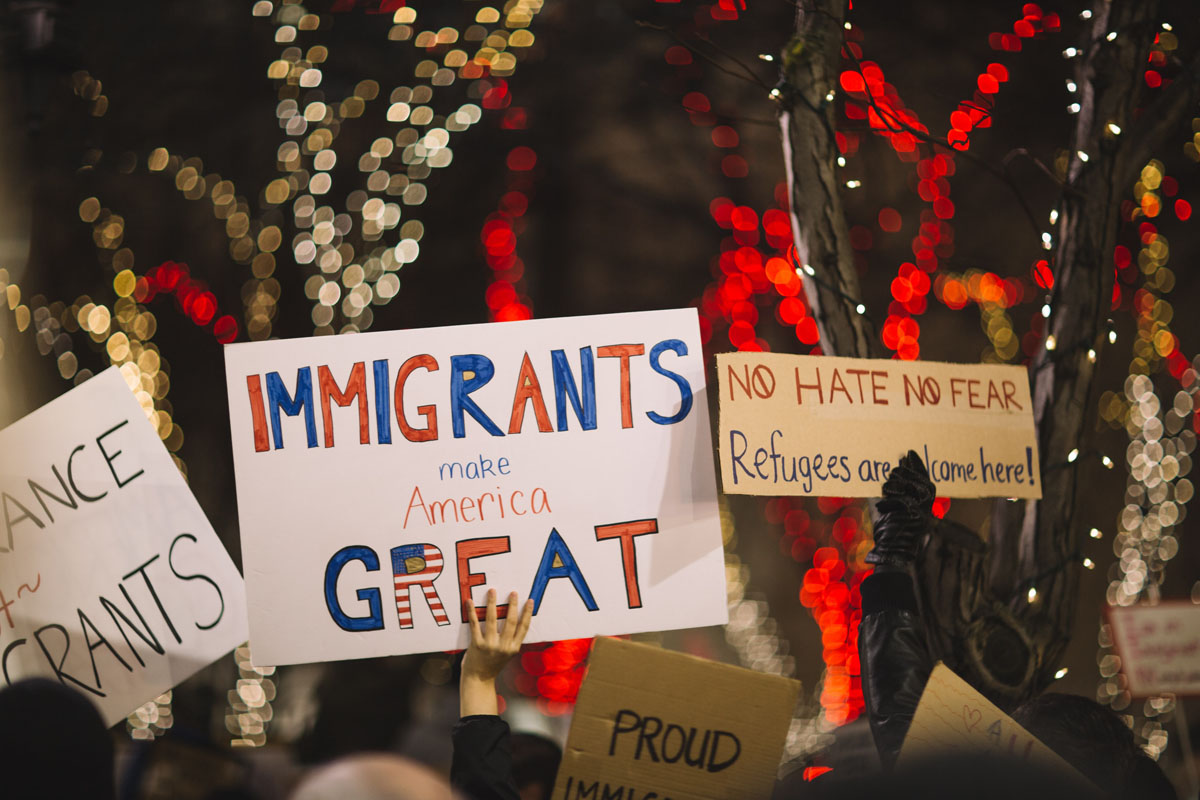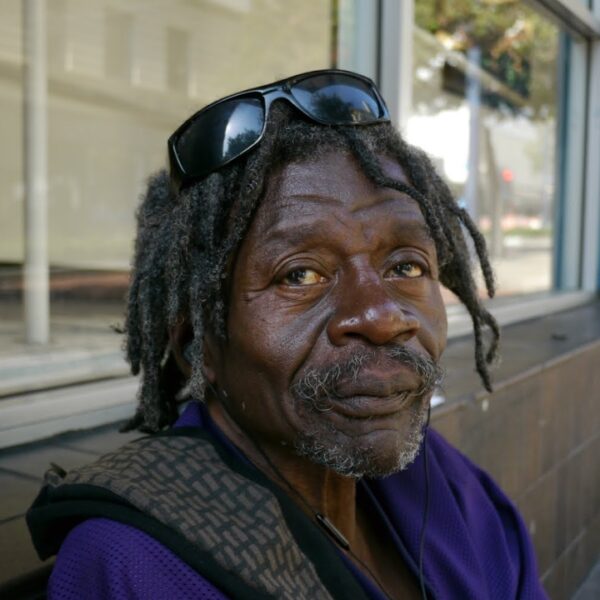Illegal Immigration Is Not Driving Mass Homelessness— Greed Is.
Every morning, I wake up to at least one xenophobic news article that puts the sole fault of the nation’s social problems on undocumented migrants— without fail. Headlines like “Illegals Fueling Public Housing Shortage” and “Think the rent is too high? Blame immigration laws” blast across newspaper headlines every day. Last week, I published an article on the structural causes of homelessness and I was shocked, to say the least, by the outpouring of responses claiming that illegal immigration was the true cause of homelessness.
So I decided to investigate.
Does Illegal Immigration Drive Homelessness?
The belief that illegal immigration drives homelessness is pervasive. Whether the belief impregnated itself in American society as the result of statements made by Ben Carson, the Secretary of Housing and Urban Development’s (HUD), about 32,000 undocumented migrants take up the “scarce public resources [of] those who are legally entitled to it”, or if his statements arose as a populist tool capitalizing on a general distaste for illegal immigration, is a matter of chicken and egg.
Carson claims he is putting “America’s most vulnerable first” amidst affordable housing challenges that leave citizens waiting for many years to get housing assistance. What he is really doing, however, is re-directing attention away from the structural causes of mass homelessness that need to be addressed for homelessness to be prevented and solved.
Current housing policy dictates that mixed-immigration families are eligible for a unit as long as one household member— such as a child — is an American citizen in order for the family to be eligible for a unit. Carson paints the narrative that this policy-loop hole needs correction to prevent opportunistic undocumented migrants from displacing hard-working American taxpayers from accessing housing.
Their plan is to remove housing aid (vouchers, public housing) for all families with an undocumented migrant in the household. This means a household of four members with three American citizens could be kicked out due to one undocumented migrant.
The narrative that illegal migrants are given housing priority over American citizens is rightfully infuriating, but it’s simply nonfactual. Carson’s plan will not only do diddly-squat for homelessness— it will make it worse.
Crude Homelessness Will Remain Stagnant— or Increase
An impact analysis by HUD found that 108,000 people would be affected by this new policy. About 70% of them are citizens or legal residents, three-quarters of which (55,000) are children. Carson may free up 32,000 units for the nearly 600,000 Americans experiencing homelessness, but he’ll also kick 108,000 citizens to the streets. There won’t be any difference to the crude number of people experiencing homelessness. There will merely be a swap of citizens. That’s assuming this housing would be used exclusively to house people experiencing homelessness, which in all likelihood, it would not. So crude homelessness may actually increase.
The City of Houston provides a compelling example:
“Nationally, about 25,000 households of the 1.2 million living in public housing units (about 2%) have at least one family member who is ineligible to receive assistance, according to an analysis by HUD. In Houston, 42 households of the 22,500 that receive housing assistance from the city’s housing authority are ‘mixed-status.’ Put another way: 0.19% of households receiving assistance in Houston include at least one family member lacking legal immigration status.”
Prevention and Programming Efforts Will Be Misdirected
The issues with HUD’s plan go beyond the numbers. They direct attention away from the structural causes of homelessness and garner support instead for xenophobic and oversimplified policy solutions to the complex problem that is homelessness.
My article highlights how economic and political structures contribute to the mass homelessness in the United States today, and questions whether a Housing First approach was sufficient to tackle homelessness in the face of these sobering realities. The structural issues that need imperatively be addressed are, in a nutshell:
- a raging housing market
- unprecedented levels of income inequality
- decades of divested funding in social services
- outdated policies and programs, and
- political and economic structures pushing more and more people into poverty
An important addition to this argument is an unprecedented investment in housing-first programs. Housing First is an effective, evidence-based approach to programming that addresses the social determinants of health that concoct a 30-year disparity in life expectancy for people experiencing homelessness. Whether for personal finances, mental health, or behaviors, housing supports are essential for keeping people in housing. This is especially true for those that experienced street-involvement for prolonged periods of time.
I believe that Housing First itself is not enough to solve homelessness. It requires two-pronged efforts to make a sizeable dent:
Prevention: structural adjustments to an economic landscape that has created a housing crisis and driven more people into poverty. These include wealth redistribution policies, labor laws, and programming.
Programming: renewed funding in Housing First programs, so the nearly 600,000 people experiencing homelessness have access to Housing First programs. This will provide them with financial supports to access housing, and community supports to keep that housing.
One thing is clear: solving homelessness does not require kicking families with undocumented migrants out of housing.
Undocumented Migrants Are Not the Cause of Homelessness
Illegal immigration is a challenging reality for many states, and it’s dishonest to claim this does not impact national welfare. However, it is equally dishonest to blame all American hardships— whether social, economic or interpersonal— on undocumented migrants.
In examining this issue, I sought not to defend political ideologies but to evaluate the potential impact of HUD’s policy reforms on homelessness. The evidence overwhelmingly points to the conclusion that illegal immigration is not driving the housing crisis— greed is. Blaming illegal immigration is not only incorrect and misdirected; it deepens the social disfigurements that are causing homelessness.
Mass homelessness is caused by polarizing wealth, treating housing as an investment instead of a right, and divesting funds for health, housing and services. It was Americans, not undocumented migrants, that created this reality— the fault lies entirely in our hands.













